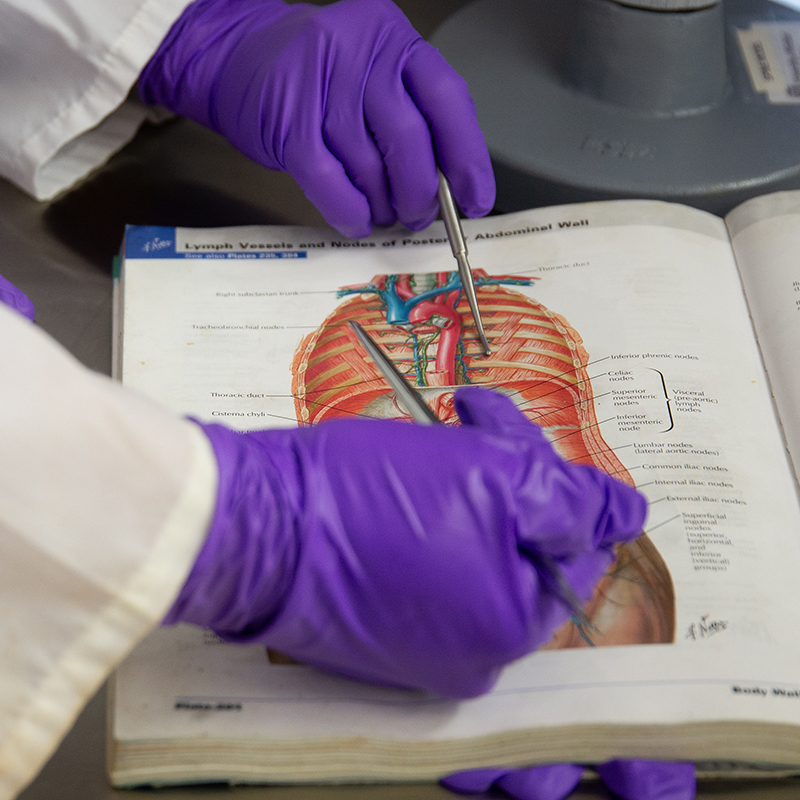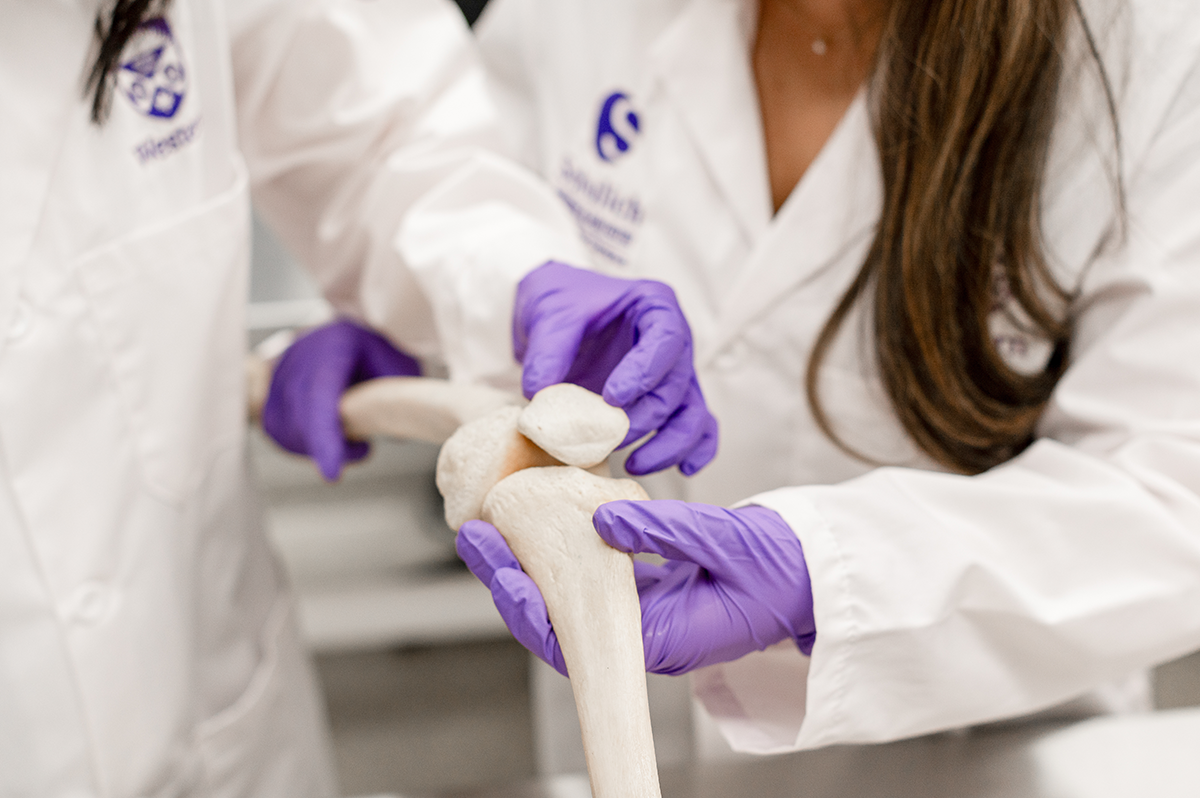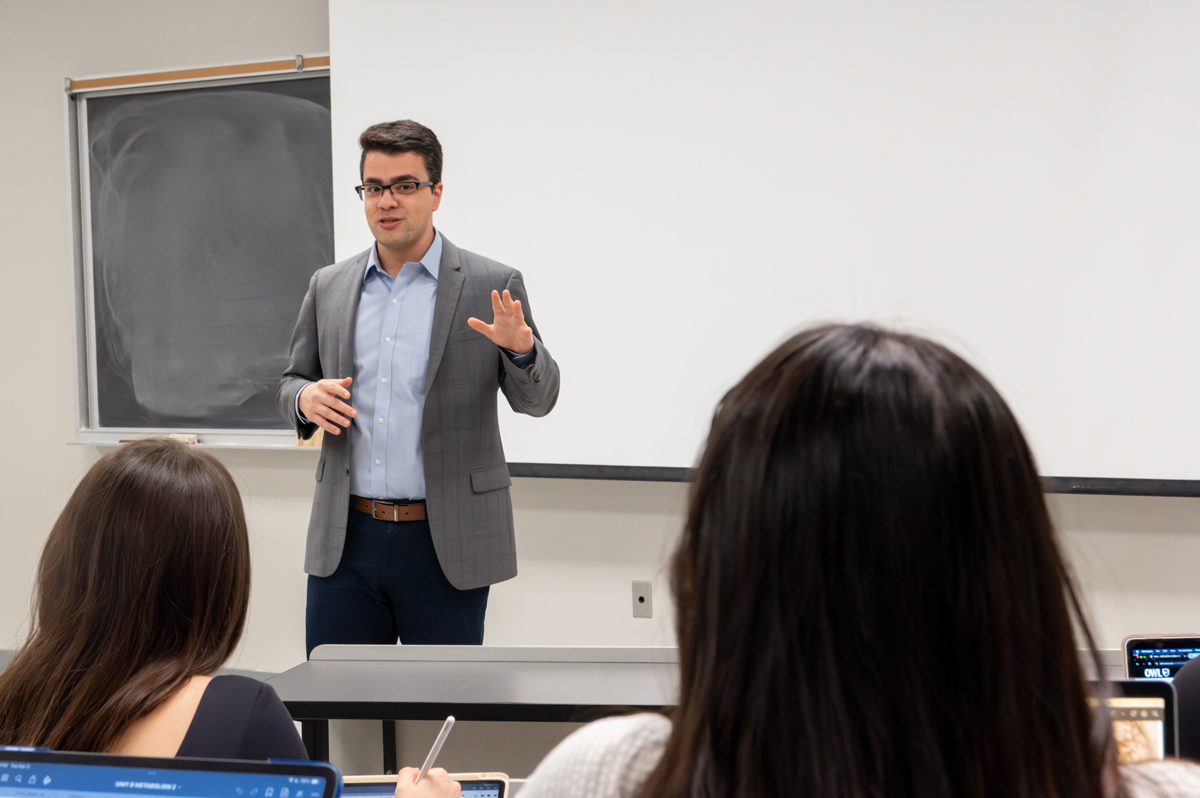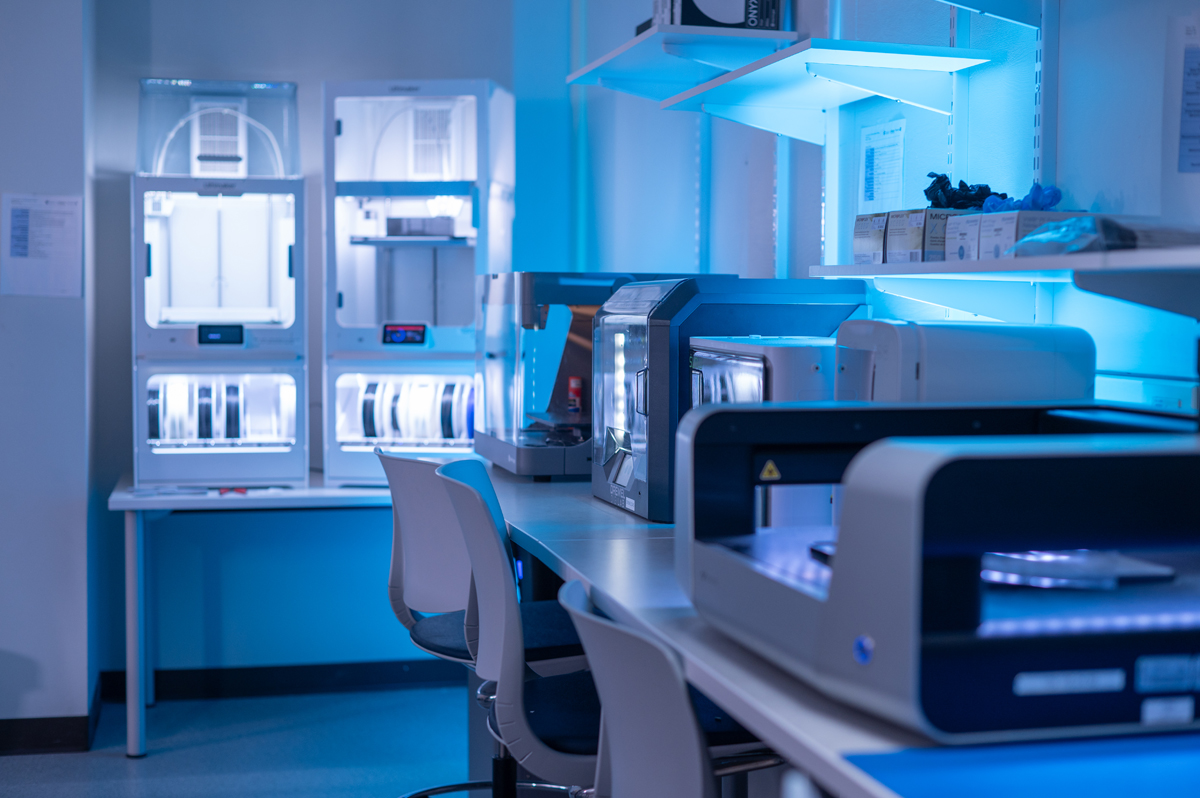Search Website
QUICK LINKS:

Anatomy and Cell Biology (MSc, PhD)
Explore graduate training that offers advanced approaches in cell biology, neurobiology anatomical sciences and education scholarship. Propel the growth of your research with dedicated faculty mentors and top-tier training facilities.
Anatomy and Cell Biology (MSc, PhD)
Explore graduate training that offers advanced approaches in cell biology, neurobiology anatomical sciences and education scholarship. Propel the growth of your research with dedicated faculty mentors and top-tier training facilities.

Anatomy and Cell Biology (MSc, PhD)
Explore graduate training that offers advanced approaches in cell biology, neurobiology anatomical sciences and education scholarship. Propel the growth of your research with dedicated faculty mentors and top-tier training facilities.
About the program
- Program name: Anatomy and Cell Biology
- Degree level: MSc, PhD
- Program duration, deadlines & requirements: See program details
- Contact: anatomy@uwo.ca
- Website: Anatomy and Cell Biology
Reasons to study

Personalized graduate training
Benefit from tailored training with dedicated mentors and access to advanced resources that will help you to explore the boundaries of your field.

Award-winning faculty
Our expert faculty will help you to refine your research abilities and navigate the complexity of graduate study in these interconnected fields.

Advanced research laboratories
Our facilities feature advanced technology and environments that support scientific research and discovery across multiple disciplines.
Fields of research
Biology of disease
Neurological health & disease
Clinical anatomy
Developmental health and disease
Cancer biology
Featured courses (Clinical Anatomy)
- Clinical neuroanatomy
- Medical imaging for clinical anatomy
Program details
Duration
- Five terms
- Non-thesis program
Application deadlines
- January 15 - Fall Term
Requirements
- Educational background: Four -year honours degree or equivalent in a health or life science, or a degree in dentistry, medicine or veterinary science from an accredited university.
- Grade requirement: Minimum 80% (A-) average for the most recent two years of undergraduate study, or the most recent 10 full senior level courses.
- English Language Proficiency; if your first language is not English: TOEFL - 92, IELTS - 7.0 with no individual score less than 6.0.
- Anatomy experience is recommended.
Find required documentation and application procedure of Clinical Anatomy MSc program here.
Duration
- Six terms
- Thesis program
Application deadlines
- February 1 - Fall intake
- June 1 (pending spots remaining) - Fall intake
- March 1 - Summer intake *
- October 15 - Winter intake *
*Positions are not always available for summer/winter intakes.
Acceptance notifications for the fall intake begin in March and continue until July 31.
Requirements
- Educational background: Four -year honours degree or equivalent in a health or life science, or a degree in dentistry, medicine or veterinary science from an accredited university.
- Grade requirement: Minimum 80% (A-) average for the most recent two years of undergraduate study, or the most recent 10 full senior level courses.
- English Language Proficiency (if your first language is not English): TOEFL - 92 with no individual score below 20, IELTS - 7 out of 9.
- Anatomy experience is recommended.
Find required documentation and the application procedure for the Biological Research MSc here.
Duration
- 12 terms (Four years)
- 15 terms (Five years) – Direct-entry PhD or transfer MSc to PhD (thesis-based program)
Application deadlines
- February 1 - Fall intake
- June 1 (pending spots remaining) - Fall intake
- March 1 - Summer intake *
- October 15 - Winter intake *
*Positions are not always available for summer/winter intakes.
Acceptance notifications for the fall intake begin in March and continue until July 31.
Requirements
- Educational background: MSc degree or equivalent from an accredited university.
- Grade requirement: Minimum standard is 80% (A-).
- Research experience is required.
- English Language Proficiency (if your first language is not English): TOEFL - 92 with no individual score below 20, IELTS - 7 out of 9.
Note:
- Direct entry into the PhD program following completion of an undergraduate honours degree or through the MD/PhD program is possible.
- Previous research experience and a minimum average of 85% are necessary to be considered for direct-entry PhD.
Find required documentation and the application procedure for the PhD program here.
Apply now via Western's School of Graduate and Postdoctoral Studies
Plan your finances
What it costs
Expenses usually include tuition, fees, housing, food, and many other necessities.
Find your tuition and fees in the fee schedules available through the Office of the Registrar.
Support available
As a thesis-based graduate learner, you may be eligible to receive funding.
Check out the funding package for Anatomy and Cell Biology.
Plan ahead
Managing your finances, time, and overall wellness are critical to your academic success.
Use the Graduate Student Affordability Calculator to estimate how much money you will need to pay for your tuition, fees, housing, food, and other necessities for a 12-month (three-term) academic year.
Career resources & opportunities
As a Western graduate student, you have access to an abundance of quality professional development opportunities, which make it simple for you to self-direct your learning and development, maximize the value of your degree, and ease your career transition.
Own Your Future
Upskilling graduates for success
Internship program

After graduation
Graduates can pursue professional school and post-doctoral research, or enter the workforce as:
- Research scientist or technician in industry
- Business and management consultant
- Intellectual property specialist grants or
- Contracts Officer
- Research associate or technician
- Clinical trials coordinator
- Science publisher
Have questions? Connect with us!
Contact our program coordinator for more information on the program and finding a supervisor, or get your questions answered.
Miranda Fullerton
Program Coordinator
anatomy@uwo.ca
Your life at Western
Campus life
Connect, explore, and thrive on our close-knit campus.
Campus tours
Campus tours are available for anyone interested in attending Western.
About London, Ontario
Discover all that Western and London have to offer.